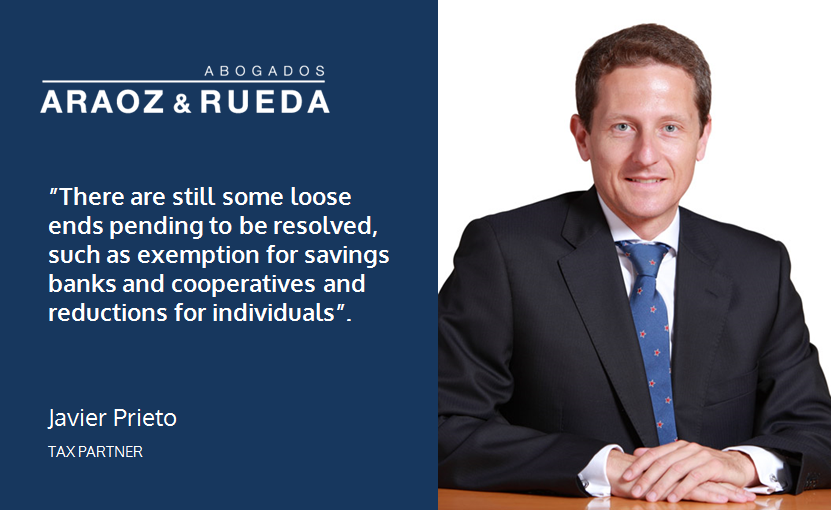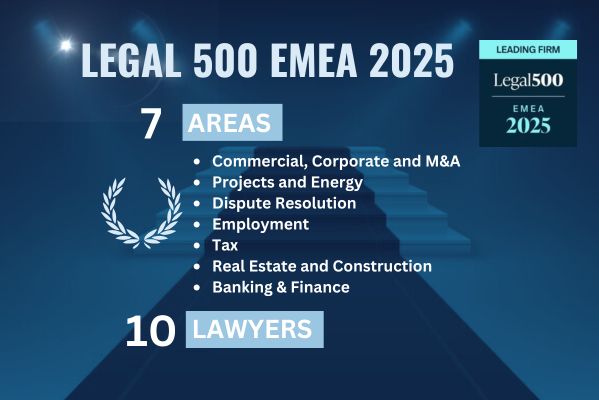Up to a little less than a month ago, borrowers were the taxpayer of the Stamp Duty on mortgage loans. However, on October 16, 2018, the Supreme Court unexpectedly changed its criterion stating that said tax had to be paid by the lenders.
Due to the “enormous economic and social impact”, the Supreme Court announced that said criterion was to be reviewed during a Plenary Session to be held on November 5th 2018 in order to determine if it remained in place.
After two days of intense discussions, on November 6, 2018, the Supreme Court agreed, by 15 votes in favor and 13 against, to return to the criterion traditionally followed and, therefore, to consider that the borrower was liable for the Stamp Duty on mortgage loans.
Nevertheless, last Friday, November 9, Royal Decree-Law 17/2018 was passed laying down that, since November 10: i) the taxpayer of the Stamp Duty on mortgage loans is the lender and ii) the Stamp Duty paid is not deductible for Corporate Income Tax purposes.
There are still some loose ends pending to be resolved, such as exemption for savings banks and cooperatives and reductions for individuals. In spite of everything, after so many twists and turns, it seems that the scenario appears to follow a certain logic, at least from the economic perspective, and that all the doubts will be resolved in a near future.
Due to the “enormous economic and social impact”, the Supreme Court announced that said criterion was to be reviewed during a Plenary Session to be held on November 5th 2018 in order to determine if it remained in place.
After two days of intense discussions, on November 6, 2018, the Supreme Court agreed, by 15 votes in favor and 13 against, to return to the criterion traditionally followed and, therefore, to consider that the borrower was liable for the Stamp Duty on mortgage loans.
Nevertheless, last Friday, November 9, Royal Decree-Law 17/2018 was passed laying down that, since November 10: i) the taxpayer of the Stamp Duty on mortgage loans is the lender and ii) the Stamp Duty paid is not deductible for Corporate Income Tax purposes.
There are still some loose ends pending to be resolved, such as exemption for savings banks and cooperatives and reductions for individuals. In spite of everything, after so many twists and turns, it seems that the scenario appears to follow a certain logic, at least from the economic perspective, and that all the doubts will be resolved in a near future.
For more information on this topic please contact our Tax Partner Javier Prieto (prieto@araozrueda.com)





